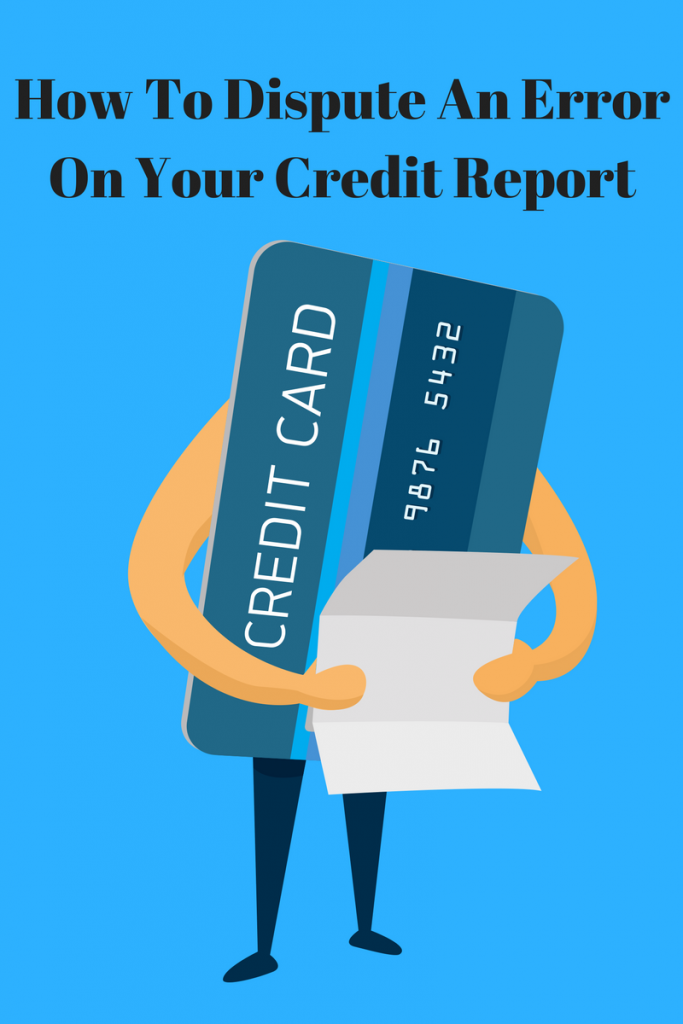
It is important to monitor your credit report at a minimum of once per year. This way, you’ll regularly be able to spot any mistakes that occur on your report that could adversely affect your financial well-being.
Use this simple process to locate errors on your credit report and correct them quickly:
1. Go over your report with a magnifying glass
Not literally of course, but when you receive a copy of your credit report, take ample time to review it. Knowing what your creditors are telling prospective lenders about your financial life is very important. Much of what’s on the report can appear like boring fine print, but it’s not difficult to understand if you take the time to read it carefully.
2. Look at each item
Check each entry on the report to spot any listing that doesn’t look familiar. If you don’t remember a line item, make a note out in the margin.
3. Note the names of companies and financial institutions
Are there any that you have never heard of? Note these so that you can research the names on the internet. Don’t panic if you find a strange-sounding entry on your report. Many financing companies are held by other entities or bought and sold to new owners. Just because you have a branded store credit card doesn’t mean the store operates their credit facility.
4. Call the credit bureau that originated the report
If you can’t figure out a specific listing on your report, contact the bureau who issued the report for clarity. Experian, Equifax, and TransUnion each offer customer service and should be able to assist you.
5. Contact the companies that may have made false claims against you in error
Attempt to resolve the situation with the entity directly and insist that they immediately make the proper changes to the credit bureau to correct your information. No matter how quickly they operate, it will take some time for the corrections to show up on subsequent reports.
6. Dispute the claim
In case you are unsuccessful in resolving a credit issue directly with a creditor, there are mechanisms in place to formally dispute the claim. Phone the credit bureau that produced the report. State you want to dispute a claim and follow their instructions.
7. Have the bureau place a fraud alert on your credit report
If your identity has been stolen or any bank accounts or credit cards were inappropriately issued to others, you should contact the agency from which you received the report and follow their steps to enact a fraud alert.
● This is so that the agency will monitor your account closely for any future inquiries or accounts to ensure your privacy and security. They may even inform you of any action as it occurs so that you can look into it immediately.
8. Do your homework
Learn more about disputing errors on your credit report from the Federal Trade Commission’s website www.consumer.ftc.gov/articles/0151-disputing-errors-credit-reports
Your credit report should be a very accurate reflection of your financial life. Go through your credit report and be sure to examine each entry carefully. Take detailed notes of entities that include erroneous information about you. Peruse your own financial records to search for support toward any claims you may need to rectify.
Be sure to stay on top of your credit report, this way you can take care of any errors right away. Obtain your credit report annually to protect your identity and your credit and follow up on any suspicious or questionable data.




No comments yet.